Accidents can happen anywhere — at the grocery store, a friend’s house, or even your favorite restaurant. But when unsafe conditions on the property cause those accidents, the consequences can turn your life upside down. In Florida, premises liability law holds property owners responsible for keeping their spaces safe. These laws are designed to protect visitors while also defining the legal obligations of property owners.
This comprehensive guide from the experienced premises liability attorneys at Michles & Booth will help you understand Florida premises liability laws, who can be held responsible, common hazards leading to injuries, and the steps you should take following an accident.
Who Is Responsible Under Premises Liability?
At the heart of premises liability law is the "duty of care". This refers to the legal obligation of property owners to maintain their premises in a reasonably safe condition to prevent injuries to visitors. In Florida, the level of care owed depends on the visitor's status:
Invitees
Individuals who are invited onto the property for business purposes, such as customers at stores, restaurants, or hotels, are owed the highest duty of care, which includes:
- Regularly inspecting the property for dangerous conditions.
- Promptly fixing known hazards.
- Warning about dangers that have not yet been repaired.
- Maintaining the property in a reasonably safe condition.
Licensees
With people who enter a property for social purposes or their convenience, such as house guests or salespeople, the property owners must do the following:
- Warn licensees about known dangers that are not obvious.
- Refrain from willful or wanton conduct that could cause injury.
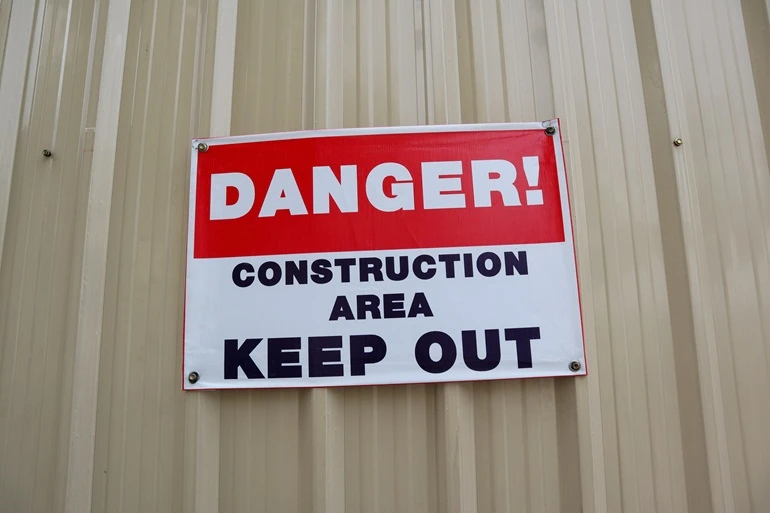
Trespassers
For individuals who enter property without permission, the property owner generally owes the minimal duty to avoid intentionally causing harm.
An important exception to trespasser rules is the attractive nuisance doctrine. This applies to children who may be attracted to dangerous features like swimming pools, construction equipment, or abandoned appliances. Property owners must take reasonable precautions to prevent children from accessing these hazards, even if the children are technically trespassing.
This distinction between visitor types was highlighted in the Florida Supreme Court case Post v. Lunney (1972), where the court formally adopted the invitee/licensee/trespasser classification system that remains influential today.
Property Owners & Managers
Responsibility for premises safety extends beyond just the property owner. Various parties may be held liable under Florida premises liability law:
- Property owners: Primary responsibility for maintaining safe conditions.
- Property managers are often responsible for day-to-day maintenance and safety.
- Tenants/renters: May share liability depending on lease terms and control over the premises.
- Business operators: Responsible for the safety of customers, even if they do not own the building.
A critical concept in Florida premises liability cases is "actual and constructive knowledge" of hazards. Since 2010, Florida Statute §768.0755 addresses slip and fall cases involving transitory foreign substances (like spilled liquids) in business establishments. Actual knowledge means the property owner/manager knew about the dangerous condition. Constructive knowledge means they should have known about it through the exercise of ordinary care.
Constructive knowledge can be proven by showing the following:
- The dangerous condition existed for a sufficient length of time, and the business should have discovered it.
- The condition occurred regularly and was therefore foreseeable.
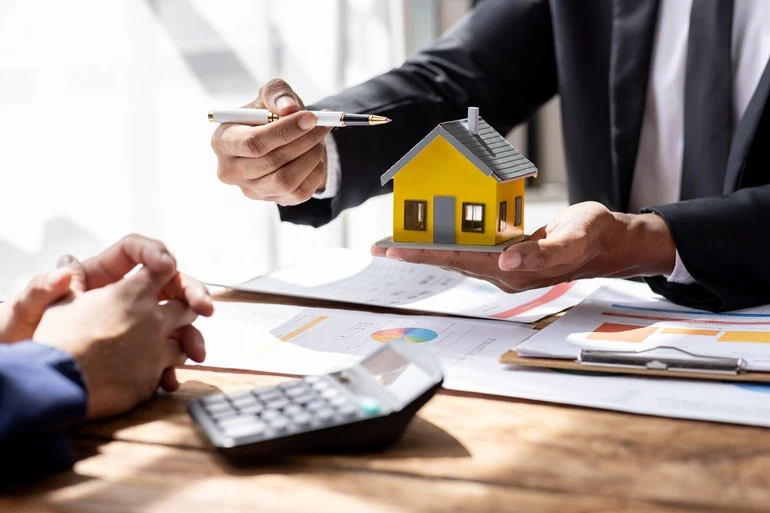
Common Hazards and Premises Liability Accidents in Florida
Premises liability law in Florida governs the responsibility of property owners to maintain safe environments for visitors. Understanding these laws is crucial if you have been injured due to a hazardous condition on someone else's property.
Slip and Fall Accidents
Slip and fall accidents represent the majority of premises liability claims in Florida. The annual cost of slip and fall accidents, including medical expenses and lost productivity, is substantial, reaching tens of billions of dollars.
These incidents, often caused by wet or slippery floors, uneven surfaces, inadequate lighting, or weather-related hazards, can lead to serious injuries such as broken bones, head trauma, and back problems.
Florida law requires property owners to maintain safe conditions and provide clear warnings of potential hazards. This includes regular inspections, prompt cleanup, and appropriate signage.
A key case, Delgado v. Laundromax, Inc., demonstrates how a business can be held liable for failing to address regularly occurring hazardous conditions, such as water accumulation near washing machines.
Inadequate Security
Property owners are also responsible for providing adequate security to protect visitors from foreseeable criminal acts. Negligent security claims often arise from incidents like assaults, robberies, or sexual assaults in locations such as apartment complexes, hotels, shopping malls, and nightclubs.
Victims must demonstrate that the criminal act was foreseeable and that the property owner failed to implement reasonable security measures. Key factors in these cases include lighting, locks, security personnel, surveillance systems, and employee background checks.

Negligent Maintenance
Regular maintenance is crucial to ensuring the safety of a property. Negligent maintenance encompasses many issues, from broken handrails and malfunctioning elevators to collapsing structures, exposed wiring, and hazardous pavement. Property owners must perform regular inspections and promptly address any unsafe conditions.
Swimming Pool Accidents
Florida's abundance of swimming pools necessitates strict safety regulations. Pool owners are required to install proper fencing, provide safety equipment and supervision (for public pools), maintain sanitary conditions, mark water depths, and ensure non-slip surfaces.
Chapter 515, Florida Statutes (the "Residential Swimming Pool Safety Act"), outlines these requirements, which serve as a benchmark for negligence in premises liability cases.
Proving a Premises Liability Claim in Florida
To establish a premises liability claim in Florida, injured parties must prove four essential elements of negligence:
- Duty of care: The property owner owed a legal duty to the injured person based on their status (invitee, licensee, or trespasser).
Example: A grocery store has to keep aisles free from hazards for customers (invitees). - Breach of duty: The property owner failed to fulfill that duty by action or inaction.
Example: Store employees knew about a spill but failed to clean it up or place warning signs around it. - Causation: The breach of duty directly caused the accident and injuries.
Example: The customer slipped on the unaddressed spill and broke their hip as a result. - Damages: The injured person suffered actual damages (medical bills, lost wages, pain and suffering).
Example: The customer required surgery, physical therapy, and missed three months of work due to the injury.
Each of these elements must be established by a preponderance of the evidence, meaning it is more likely than not that the property owner's negligence caused the injury.
Gathering Evidence
Strong evidence is crucial for successful premises liability claims. Important types of evidence include:
- Photographs and videos: Visual documentation of the hazardous condition taken as soon as possible after the accident.
- Incident reports: Official documentation of the accident filed with the property owner or manager.
- Witness statements: Accounts from people who saw the accident or were aware of the dangerous condition.
- Surveillance footage: Security camera recordings that may have captured the accident or the hazard.
- Maintenance records: Documentation showing whether regular inspections and repairs were performed.
- Medical records: Documentation of injuries, treatments, and prognosis from healthcare providers.
- Similar incidents: Reports and documentation detailing similar incidents that occurred in the past.
- Expert testimony: Professional opinions from safety experts, engineers, or medical specialists regarding standards of care or the extent of injuries.
Preserving evidence is time-sensitive; conditions may be repaired, witnesses may forget details, and surveillance footage might be deleted. Therefore, it is vital to begin investigating as soon as possible after an accident.
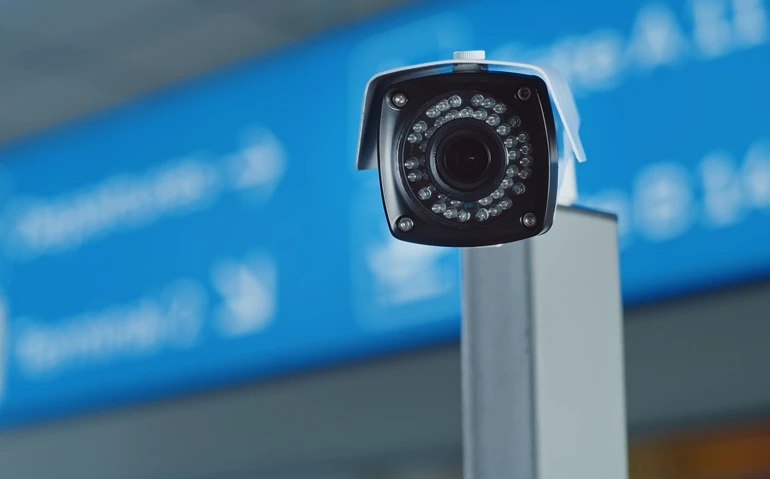
Comparative Negligence in Florida
Florida follows a "pure comparative negligence" rule in personal injury cases, including premises liability claims. Under Florida Statute §768.81, if an injured person is partially responsible for their accident, their compensation will be reduced by their percentage of fault.
For example, if you are awarded $100,000 in damages but found 20% responsible for your injuries, your compensation would be reduced to $80,000.
Common scenarios where comparative negligence might apply include:
- Not paying attention to where you were walking
- Ignoring posted warning signs
- Entering restricted areas
- Wearing inappropriate footwear for the conditions
- Being distracted by a mobile device
Property owners and their insurance companies often argue that the injured person was partially or entirely at fault to minimize liability. Strong legal representation is crucial to counter these arguments and ensure fair compensation. Contact Michles & Booth for a free consultation today!
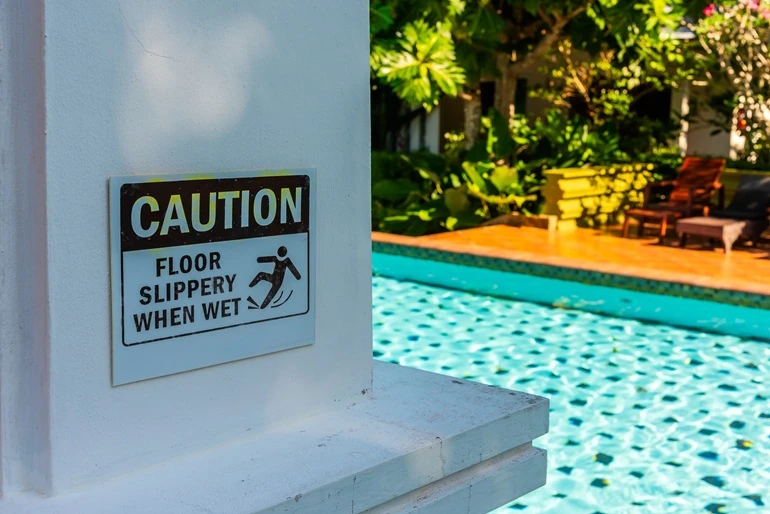
Statute of Limitations
In Florida, premises liability claims are subject to strict time limits known as statutes of limitations. For most premises liability cases, injured parties have two years (2) from the date of the accident to file a lawsuit, according to Florida Statute §95.11(3)(a).
Missing deadlines can permanently bar your right to compensation, regardless of the strength of your case. It is essential to consult with a personal injury attorney as soon as possible after an injury to ensure compliance with all procedural requirements.
Michles & Booth — Your Trusted Premises Liability Lawyers
If you have been injured on someone else's property in Florida, you do not have to face the aftermath alone. At Michles & Booth, our experienced premises liability attorneys understand the physical, emotional, and financial toll these accidents can take on victims and their families.
Our legal team has the knowledge, resources, and dedication to help you navigate the legal process and fight for the compensation you deserve. We have a proven track record of success in premises liability cases throughout Northwest Florida and the Tampa Bay area.
From investigating the accident and gathering evidence to negotiating with insurance companies and representing you in court if necessary, we will be by your side every step of the way. Call (850) 438-4848 for a free consultation today!
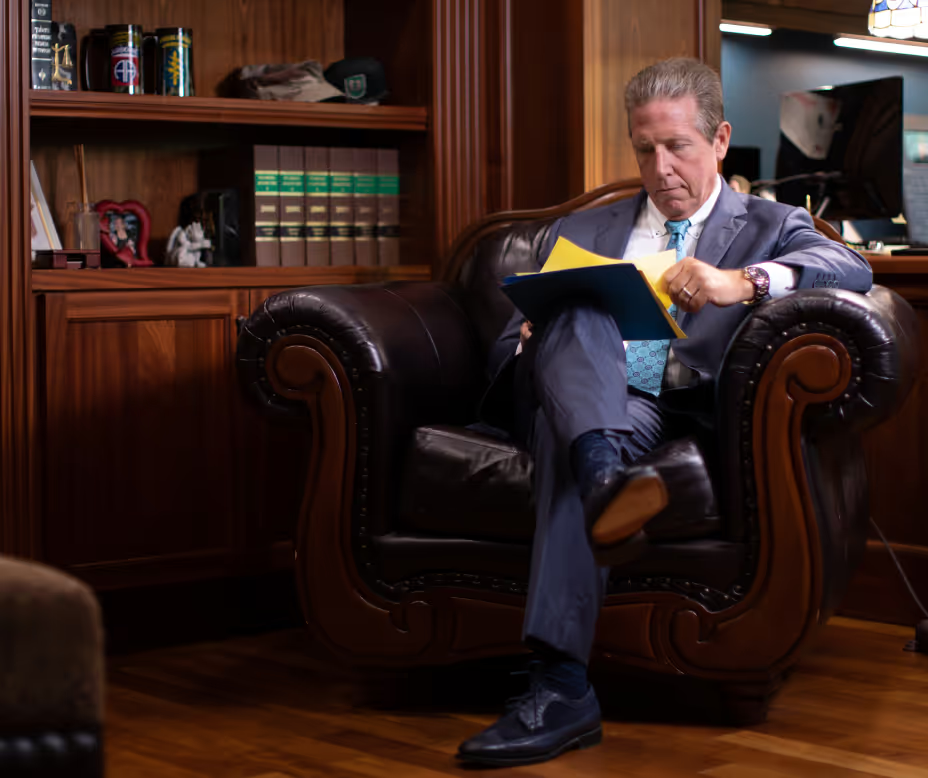
Schedule a Free Consultation with Our Attorneys Today!
get a Free Consultation
(850) 438-4848
Injured in a Fall? You
Have Come to the Right Place.
Contact Michles & Booth today for a free consultation with our experienced premises liability attorneys. We will use our decades of experience to fight to win you the most money possible for your slip and fall injuries.

Heading
Lorem ipsum dolor sit amet, consectetur adipiscing elit. Phasellus vel est vel sem porttitor ullamcorper. Aliquam hendrerit vestibulum quam ac posuere. Vestibulum ultricies enim quam, ac vestibulum mauris iaculis ac.

(850) 438-4848
.svg)



.svg)

